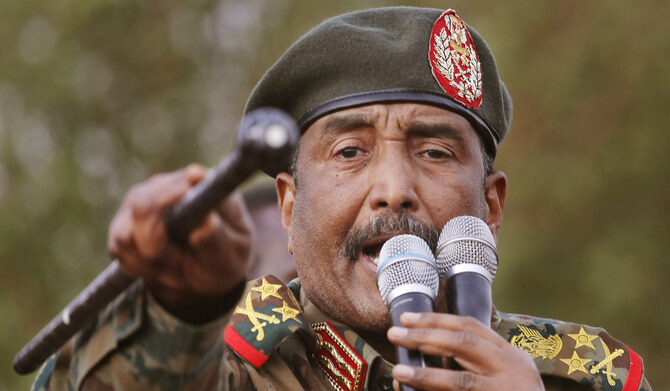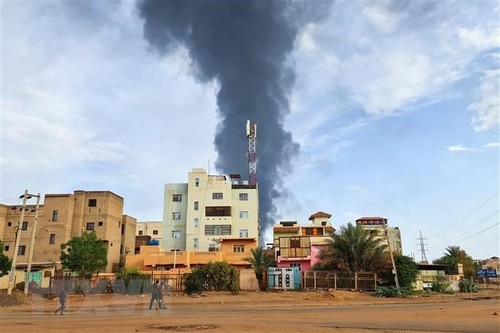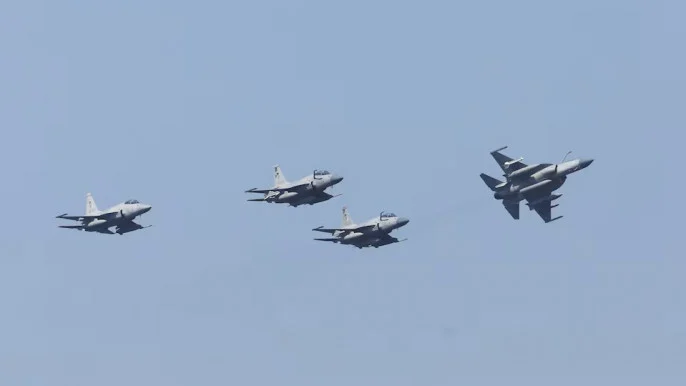
Sudanese politician and commentator Omar al-Duqayr has accused Prime Minister Kamil Idris of misrepresenting the composition and mandate of his government in a speech delivered during this week’s UN General Assembly, arguing that several key assertions “depart from the truth.”
In a commentary published Saturday, al-Duqayr said Idris’ description of a “civilian technocratic government” is inaccurate, contending that most members of the so-called “Government of Hope” are politically affiliated—either to Juba Agreement signatories or to the National Congress Party and its Islamist current. He also challenged Idris’ statement that Sudan’s transition “roadmap” was shaped by a broad array of national forces and civil organizations, noting that multiple political blocs have rejected it and that even the Democratic Bloc—generally supportive of the Port Sudan SAF junta and represented in government—has publicly opposed the document.
Al-Duqayr further argued that restrictions on passport renewals for activists and figures viewed as sympathetic to the Rapid Support Forces (RSF) remain in place, despite an earlier directive by Gen. Abdel Fattah al-Burhan that no Sudanese should be barred from obtaining or renewing travel documents. He said Idris had privately signaled, upon his appointment as prime minister, that ending passport restrictions and seeking to void charges against a number of politicians would be immediate priorities—steps that, according to al-Duqayr, have not materialized.
Questioning Idris’ self-description as an “independent civilian prime minister with autonomous powers” working to entrench civil rule and a democratic transition, al-Duqayr said the amended constitutional document subordinates the cabinet to the Sovereignty Council and removes key portfolios—foreign policy, the security services and the central bank—from the government’s control. He added that the priorities Idris announced after taking the oath of office have seen no meaningful implementation.
Al-Duqayr emphasized that his critique aims to defend the principle of honesty in public life, especially amid a national crisis that requires trust-building among rival camps. There was no immediate response from Idris or the Port Sudan-based SAF junta to the claims.




